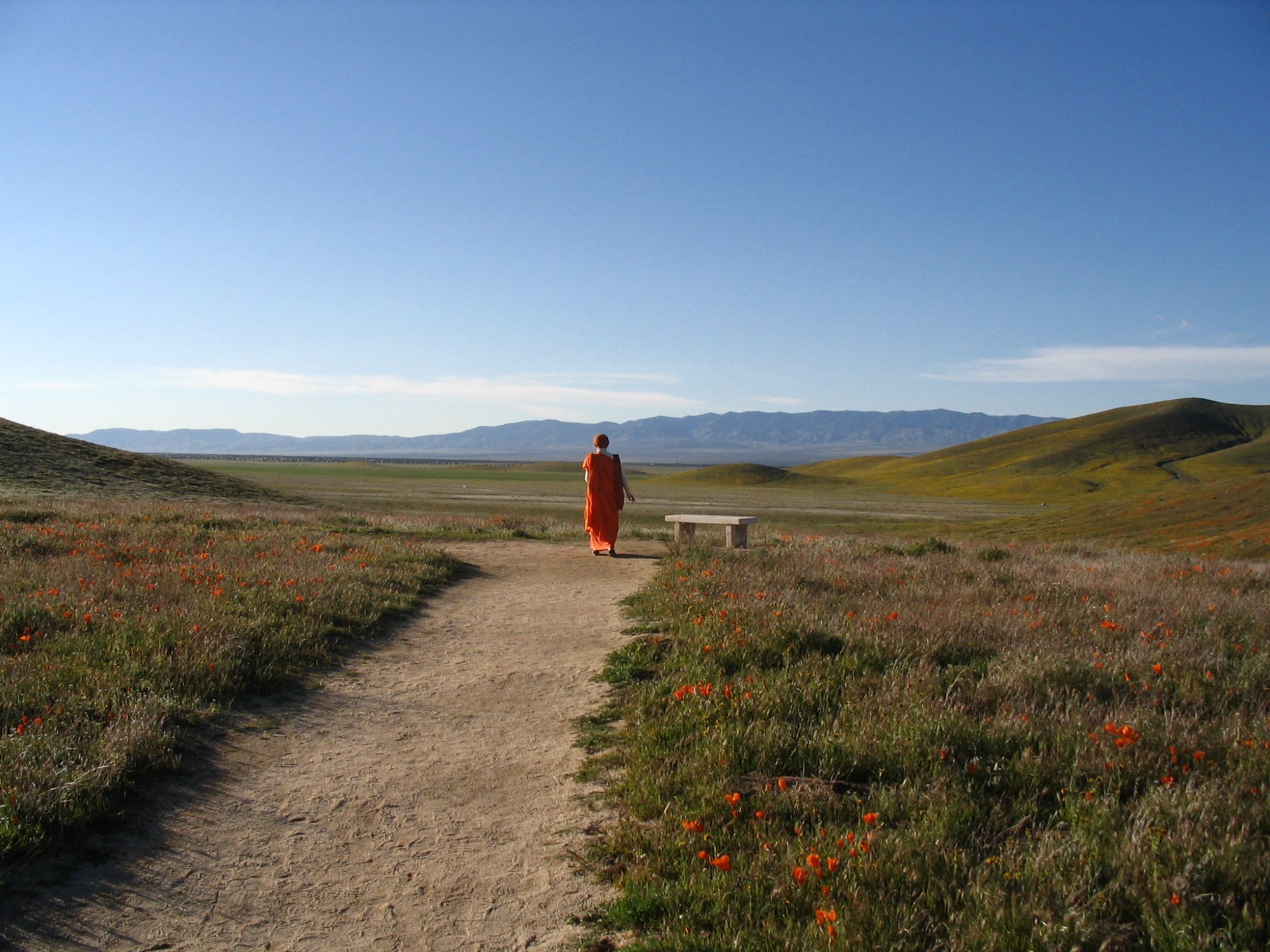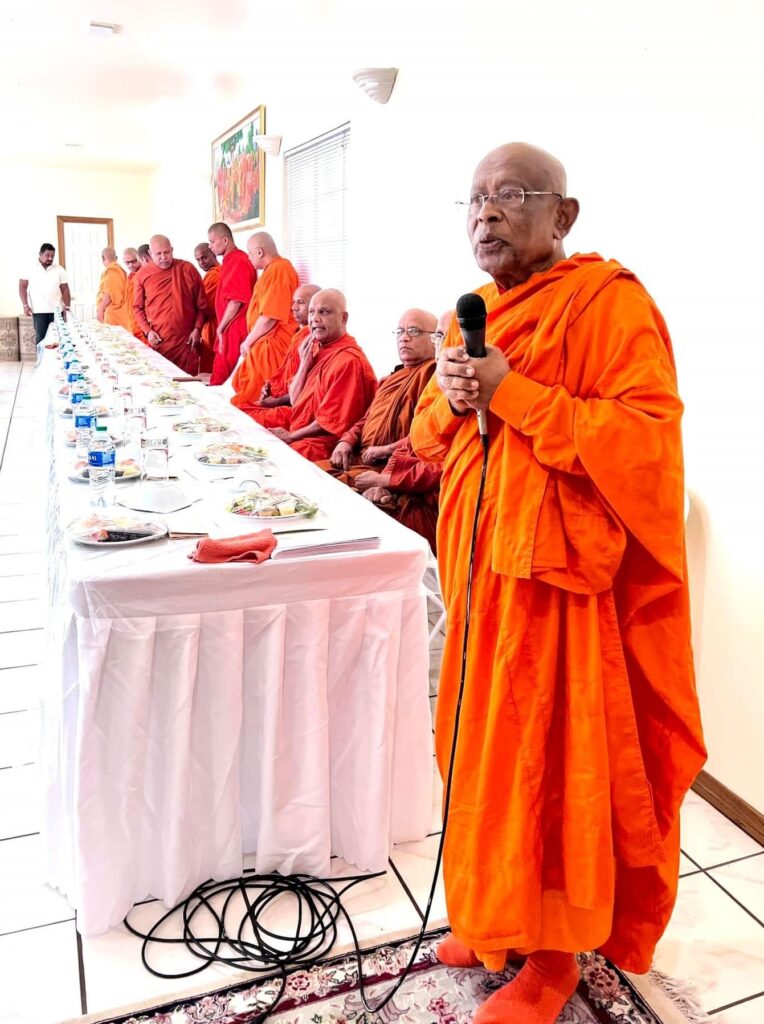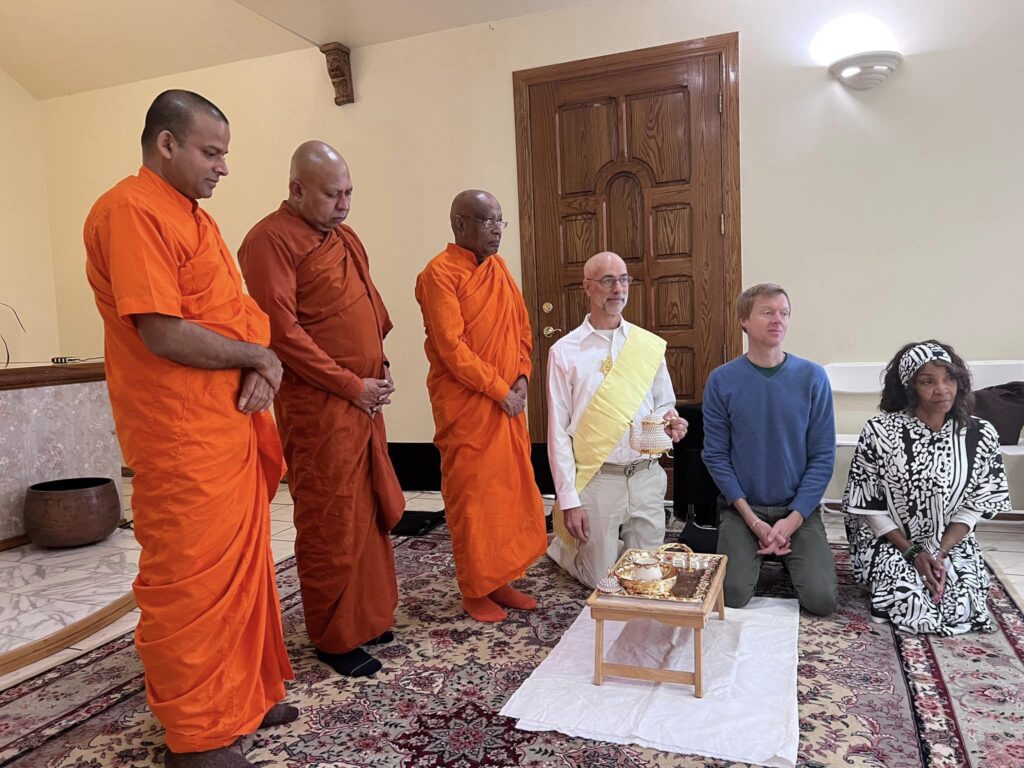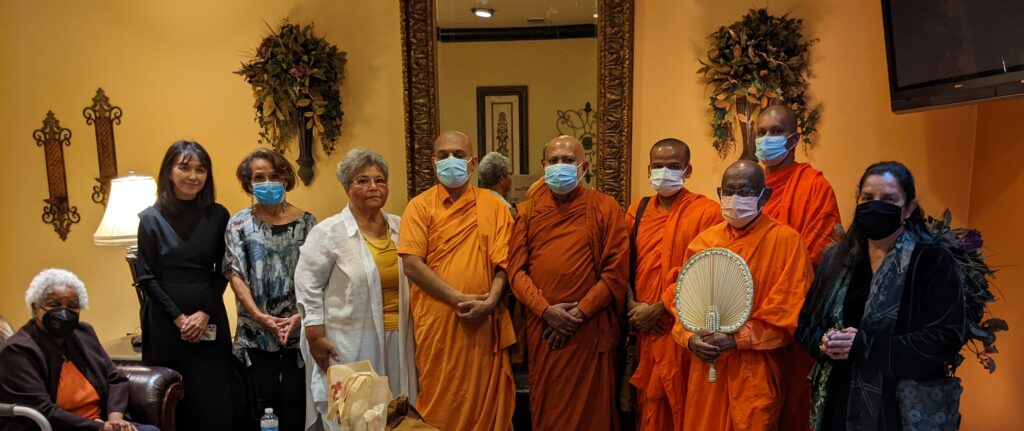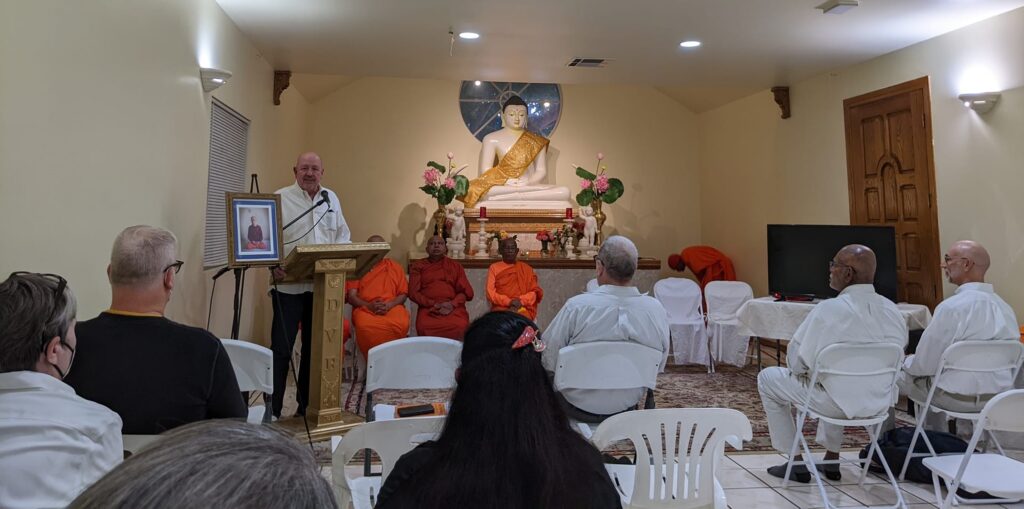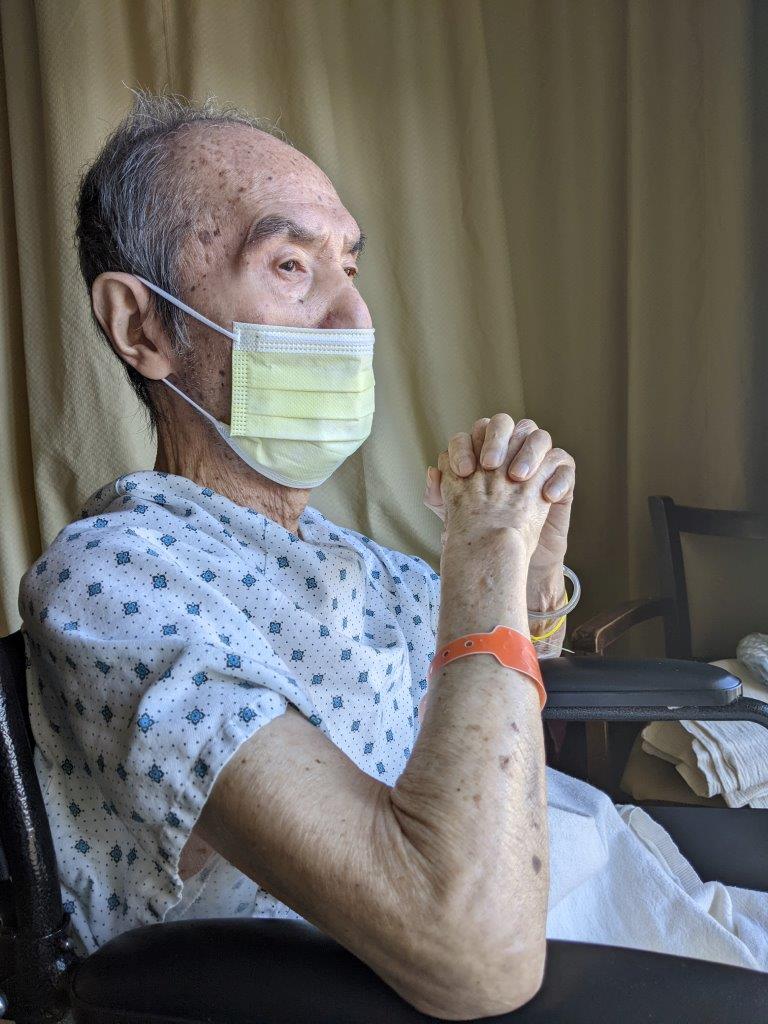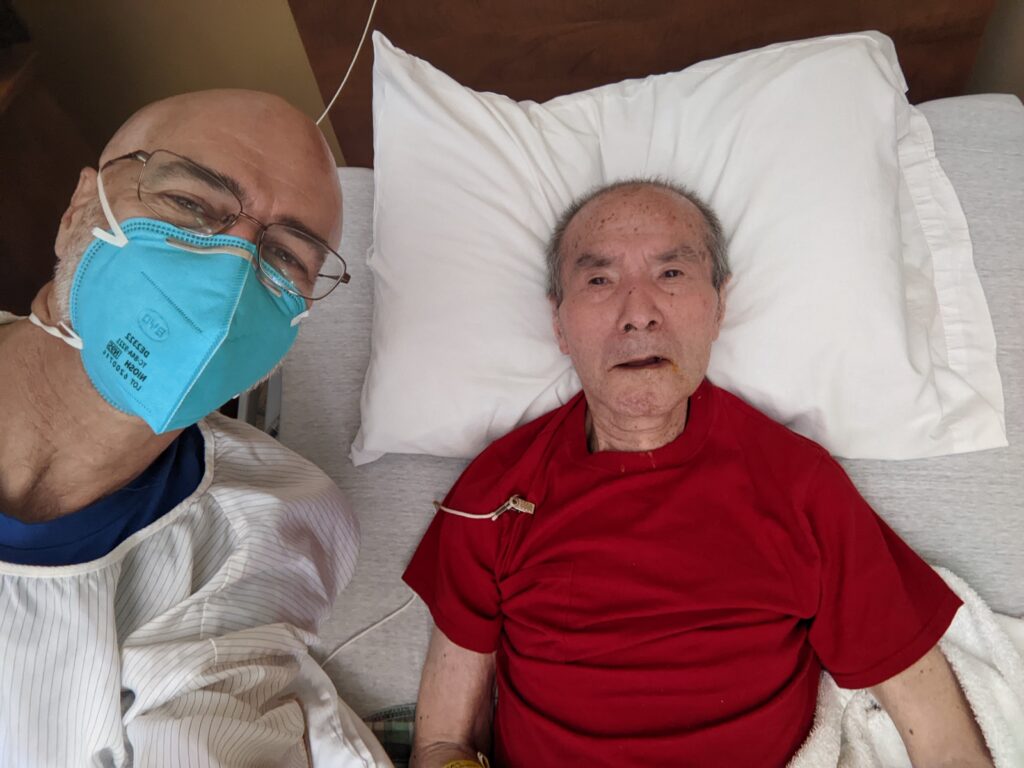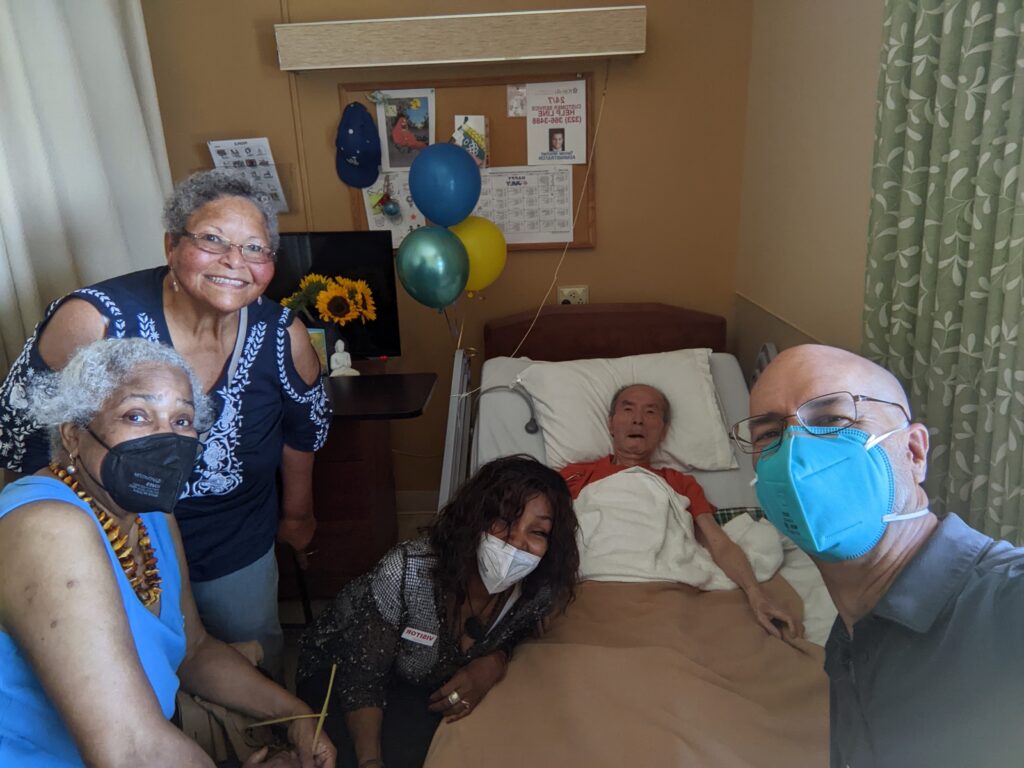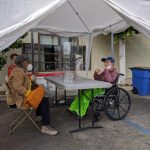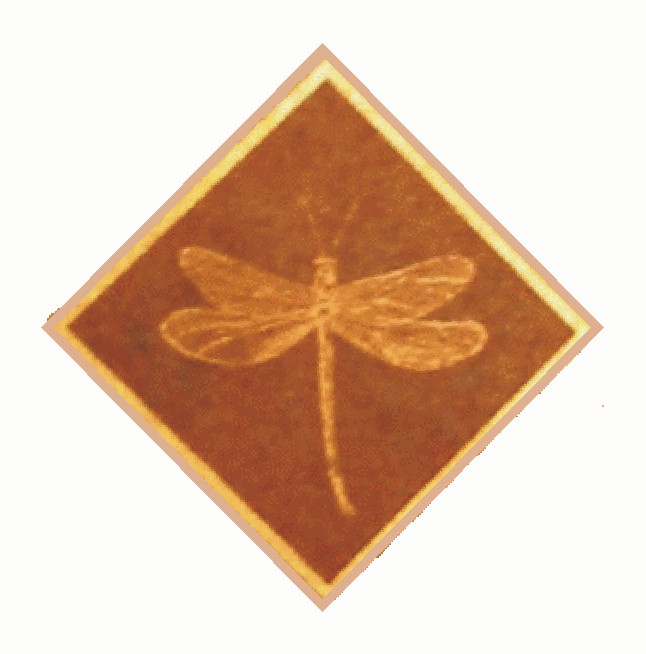Today is the Worm Moon, and I think of how Sensei would often say “All flowers are beautiful.” Their nature is to be beautiful. Why are we so selective and opinionated? Flowers were always a part of his life, symbolically and literally. He told me his family crest was upward-growing Wisteria (here’s all I find online about Shibuya and family crests). Visiting the Carlsbad Ranunculus (photo from 1995) or better yet, the California Poppy Reserve was a ready excuse for an adventure with Sensei.
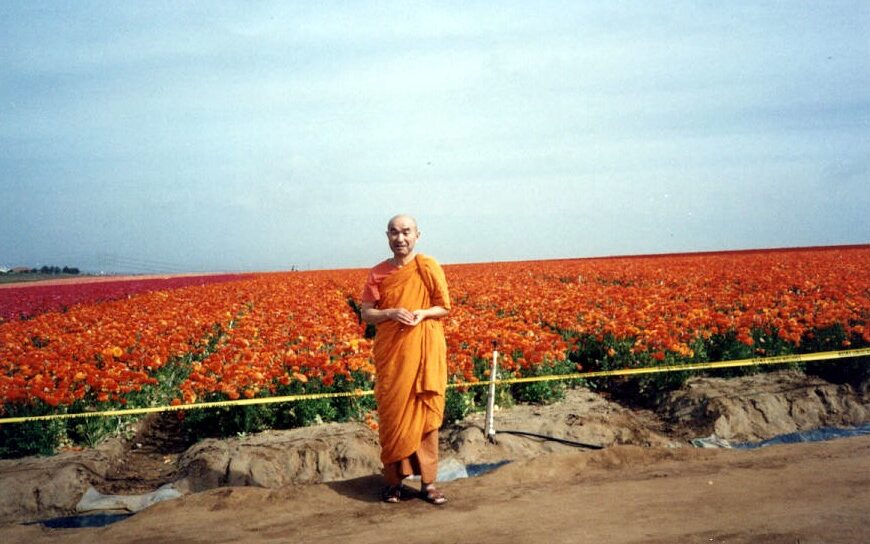
Here’s a sweet story of morning glories from when he was between high school and college in When It Stops Sinking:
“The early morning in June
Dews are sparkling on the green leaves
Nobody yet awakens
Only the sparrows
Pearl walks around the back garden
Strolls on the mossed knoll
Passing between the twin zelcova gigantic
Descends down the stone steps
Goes under giant chestnut trees
Spreading branches over the half of the backyard
Plain blossoms smell semen
Strewn around the step stones on the neatly swept ground
He strolls through the backyard
Goes to the east end of the garden fringed by moat,
Water flows slow in the half dark
Irises are sleeping sound
Hydrangea is drowsy
Fireflies stay in their beds
Tiny lights brink blue and violet
Dreaming a party with the fairies
Pearl bends over morning glories
Entangling in supporting reeds
Many buds are swelling
Sucking the subtle twilight of the quietude
Crouching over the pots of varied colors
He chooses one of the biggest ones;
He hangs over and stares at it
He focuses on the subtlest changes of the unfolding
process
Little by little
It unfolds
Little by little
It blooms
It bursts
With a voice —
Pahh!
Pearl is amused
Smiles at
The morning glory
Deep purple unfolded
Many buds are bursting
Pahh!
Pahh!
Pahh!
Pearl laughs
He’s happy
He feels alive
He feels fresh
He is opened
He is alive
He is joyful
He is natural
He is spontaneous
The tiny voice of the morning glories has broken
Pearl’s depression, frustration, stagnation
His heart is buoyant now
His body is alert now
As the shouts of the morning glories”
